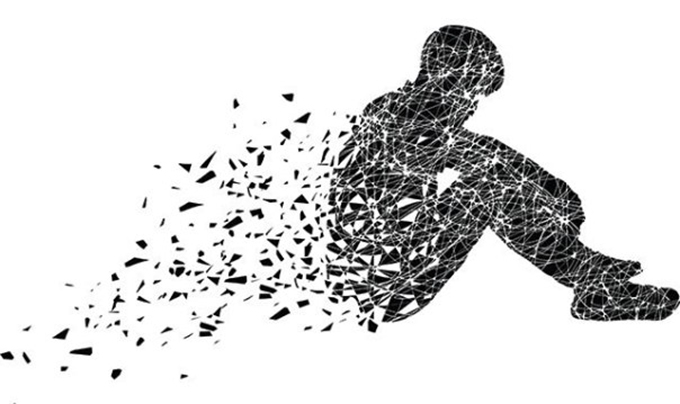 It is our final year .. this is it pass or fail, graduate or not. Anxious times.
It is our final year .. this is it pass or fail, graduate or not. Anxious times.
Most of us have anxieties of some description.
Be it too much weight or perhaps too little weight. Do you smash the junk food when studying hard or do you just not eat and hit the coffee. Often it is as simple as low self esteem that creates anxiety with students.
It could be relationship issues that become more complex at the time of exams or completing the thesis on time. Often there is never a good time for a relationship issue and perhaps you simply create the situation that allows yourself to move on.
A certain amount of positive anxiety is needed to form part of the motivational and decision making process, otherwise plans would not be made, dreams would not be formed and outcomes would not be sought. However where excessive amounts of negative anxiety accumulate this can lead to symptoms and behaviours relating to: stress, panic, frustration and anger, increased perception of pain, sleep problems, fears and phobias, etc. Increasingly within the higher education system, stress and anxiety are becoming major heal issues without any ‘ on tap ‘ assistance generally available to students or staff.
Add into this potential equation bullying or just too severe criticism by examiners, fellow students and worried parents and there is a strong possibility of feeling extremely depressed either in reaction to current situational triggers or past root causes such as: abuse, bullying, ptsd (post-traumatic stress disorder)
The advent of gaming on campus in parts of the world has also opened up the whole world of gambling and addiction. When Second World started as a virtual reality world there were stories of participants who never left their computer and one story of a person dying of malnutrition through their addiction to the virtual world and never leaving their room.
How do we recognise and deal with these potential mental health issues.
Most therapists often concentrate on only one therapy type, being the one they trained in and feel loyal towards and these can include Hypnotherapy, Counselling, CBT and Psychotherapy. However, most clients would then need to complete a course of sessions in one therapy type first in order to discover whether that type was the most effective for them.
A new approach can consist of Psychotherapy (psychodynamic), CBT (cognitive behavioural therapy), Counselling (person-centered), Hypnotherapy (suggestions re present/future) and Hypnotherapy (regression re past/trauma’s). A one stop shop that can deal with your specific needs. A simply effective road to recovery and excellent preparation for your new experience after graduation.
Sit back, analyse what may be the problem and then source a specialists who can assist you to a satisfying, productive life.
